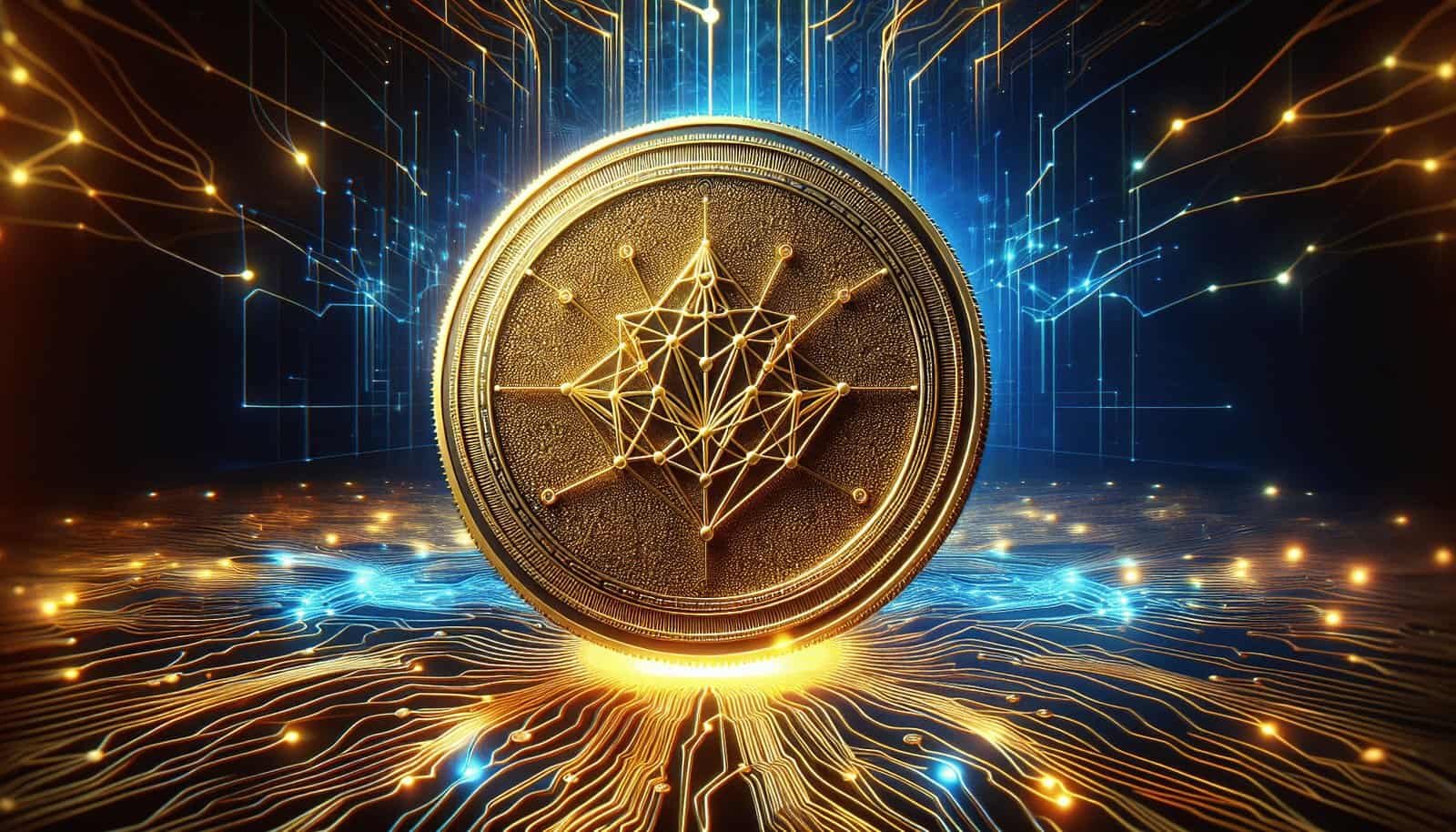Have you ever wondered what makes decentralized oracles a significant component in blockchain technology? The world of blockchain is continually evolving, and with it comes the need for seamless integration between blockchain and real-world data. This is where decentralized oracles come into play, acting as powerful intermediaries that feed external data to smart contracts securely and reliably. With an increasing need for decentralized data solutions, several tokens have emerged to support these oracle networks.
In this article, you’ll get a detailed overview of the best tokens for decentralized oracles. By understanding these tokens, you’ll gain insights into how they contribute to the functioning of oracles and possibly discover tokens worth considering in your investments.
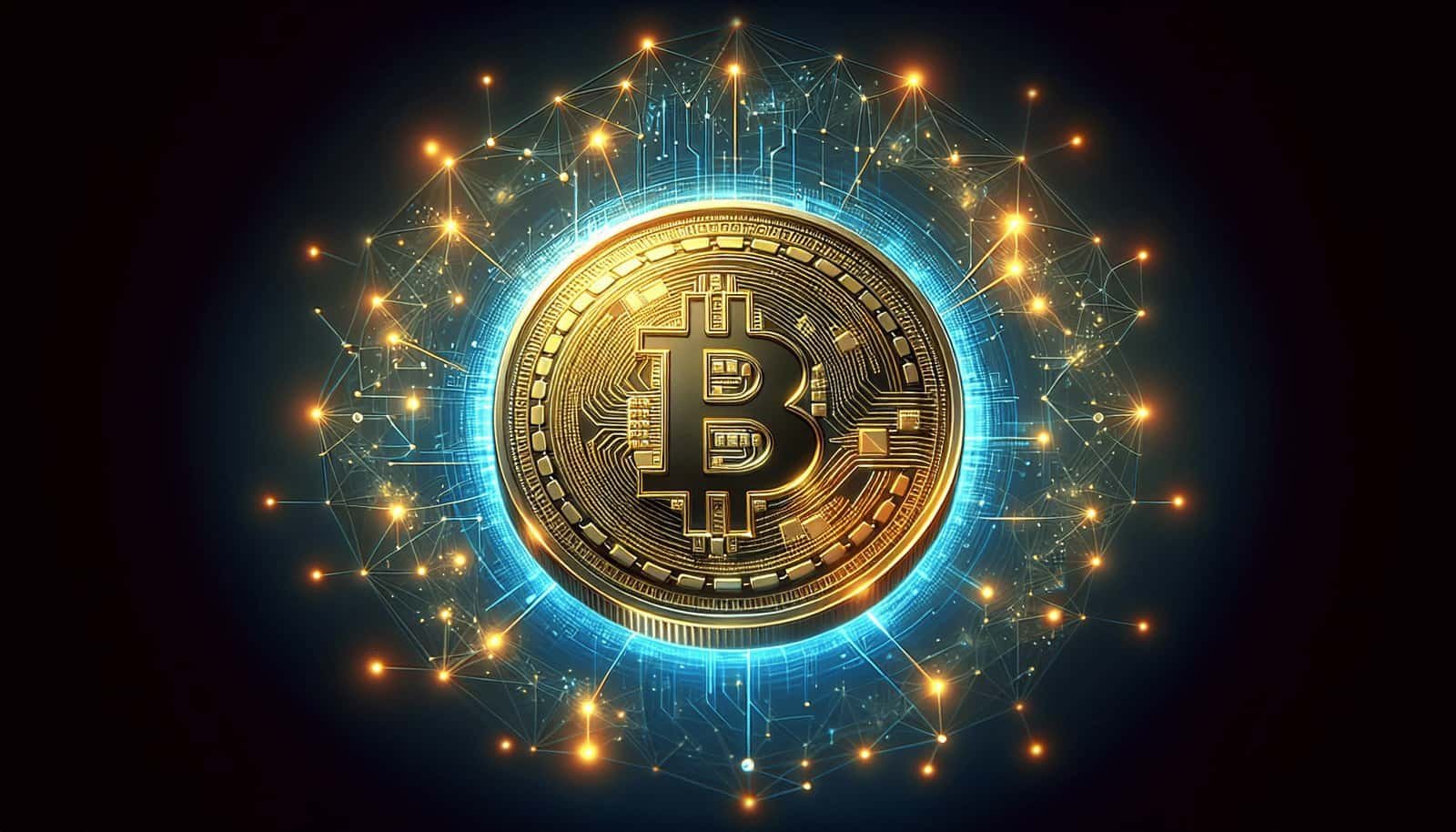
Understanding Decentralized Oracles
Decentralized oracles are crucial for executing smart contracts in an accurate and secure environment. Unlike centralized oracles, these provide data through a network of nodes, ensuring that no single point of failure can compromise the system’s integrity. They drive the adoption of blockchain by bridging the gap between on-chain and off-chain environments. Through decentralized oracles, blockchain applications can obtain real-world data such as price feeds, temperature readings, or even sports scores.
The Importance of Oracles in Blockchain
Oracles serve as the bridge between smart contracts and the plethora of off-chain data needed to execute those contracts accurately. Without them, smart contracts would remain blind to real-world events and data that aren’t inherently part of the blockchain. With technology rapidly advancing, the dependence on oracles ensures that automated processes are both precise and relevant.
How Decentralized Oracles Work
The process begins when a user initiates a request for specific data. This request is routed through the oracle network, which retrieves and verifies data from multiple sources. The outcome is then processed and transmitted back to the smart contract. This multi-step verification ensures that data remains tamper-proof and reliable.
Top Tokens for Decentralized Oracles
Several tokens have established themselves as leaders in the decentralized oracle space. They provide not only the backbone for these networks but also offer incentives for nodes to provide accurate data. Here are some of the prominent tokens associated with decentralized oracles.
Chainlink (LINK)
Chainlink is perhaps the most well-known token associated with decentralized oracles. The Chainlink network connects smart contracts with real-world data, events, and payments. It boasts a robust ecosystem and a wide range of partners, making it a top choice for developers seeking to integrate oracles.
Network Roles: LINK tokens are used to pay node operators for their services in retrieving data. They also incentivize nodes to maintain the integrity and reliability of the data they provide.
Adoption: With numerous collaborations and integrations, such as with Google Cloud, Chainlink has demonstrated significant adoption across various industries.
Band Protocol (BAND)
Band Protocol is another prominent name in the oracle landscape. It offers a fast and scalable solution for connecting blockchain applications to external data sources.
Technology: By securing data availability and integrity through token-based incentives, Band Protocol ensures resilience and scalability within its network.
Use Cases: Band Protocol is utilized in finance, gaming, supply chain, and more, offering a broad scope of application.
API3 (API3)
Aligning closely with decentralized APIs, API3’s initiatives ensure that data feeds are governed and operated by the API providers themselves. This token is part of an ecosystem aiming to create a decentralized API environment.
DAO Governance: API3 token holders participate in governance, making decisions about the network operations and proposals.
Insurance Mechanism: An attractive feature is its insurance mechanism which provides data providers with coverage against any potential disputes or discrepancies.
UMA (UMA)
UMA, or Universal Market Access, is another significant player that offers optimistic oracle solutions. While not a traditional oracle network, its approach to oracles aims to minimize on-chain data needs and rely on human consensus.
Governance and Staking: UMA tokens are used for governance, allowing users to influence protocol decisions.
Applications: UMA has applications in synthetic asset creation, decentralized finance (DeFi), and beyond.
Tellor (TRB)
Tellor provides a very secure oracle solution by using a Proof-of-Work (PoW) system to submit data by data reporters.
Security Model: Its PoW model ensures that data submitted to the network is both correct and timely.
Community-driven: TRB tokens reward miners who provide and verify the data, ensuring a community-driven approach to data submission.
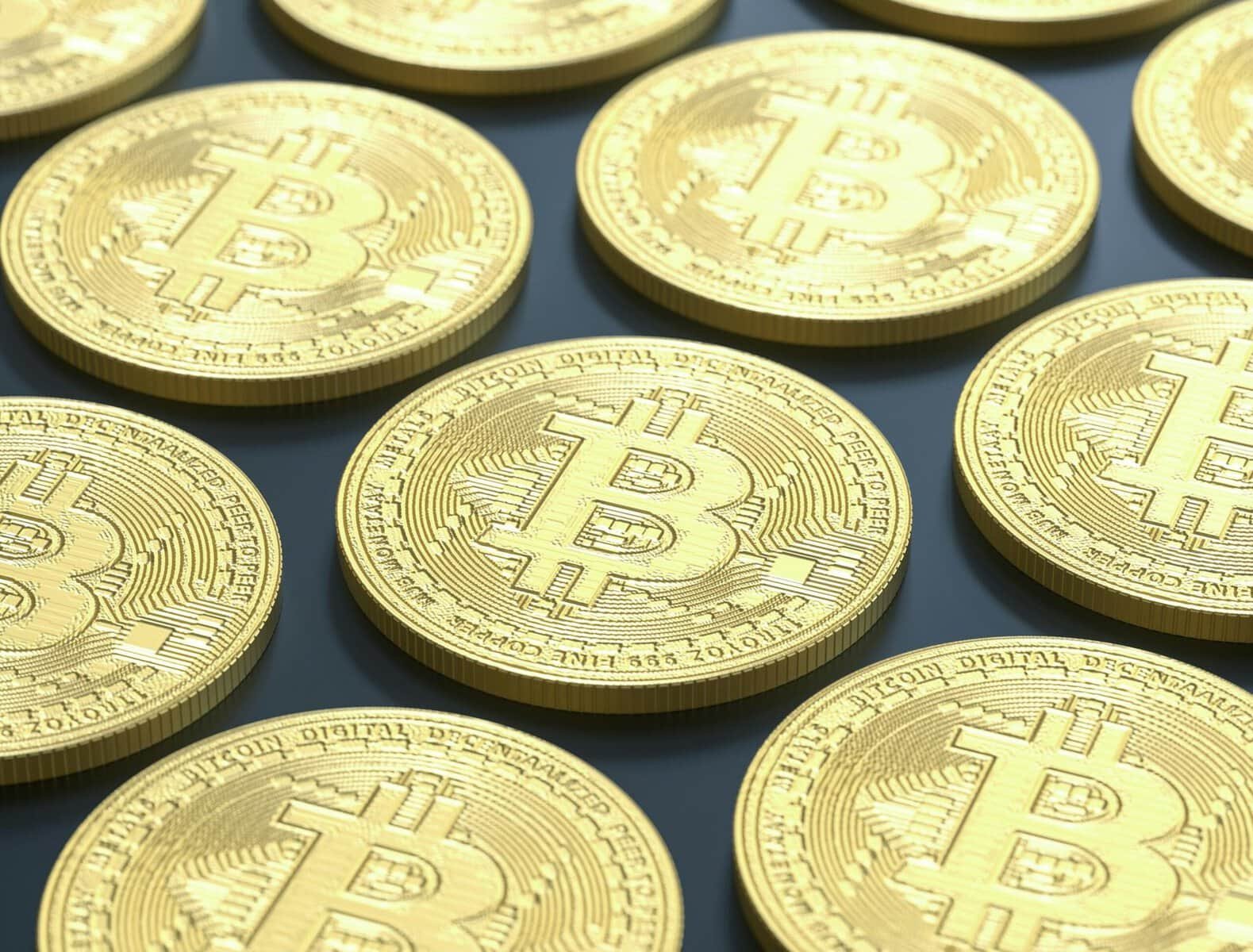
Comparing the Tokens
When comparing these tokens, several factors come into play, including network security, data accuracy, and adoption:
| Token | Network Security | Data Accuracy | Adoption and Integration |
|---|---|---|---|
| Chainlink | High | Extremely Reliable | Wide adoption with numerous partners |
| Band | Strong | Diverse data offerings | Growing presence across multiple sectors |
| API3 | Moderate | API-centered data | Innovative with DAO participation |
| UMA | Strong | Unique human consensus | Focused on DeFi and synthetic assets |
| Tellor | High | PoW-backed accuracy | Community-focused with secure processes |
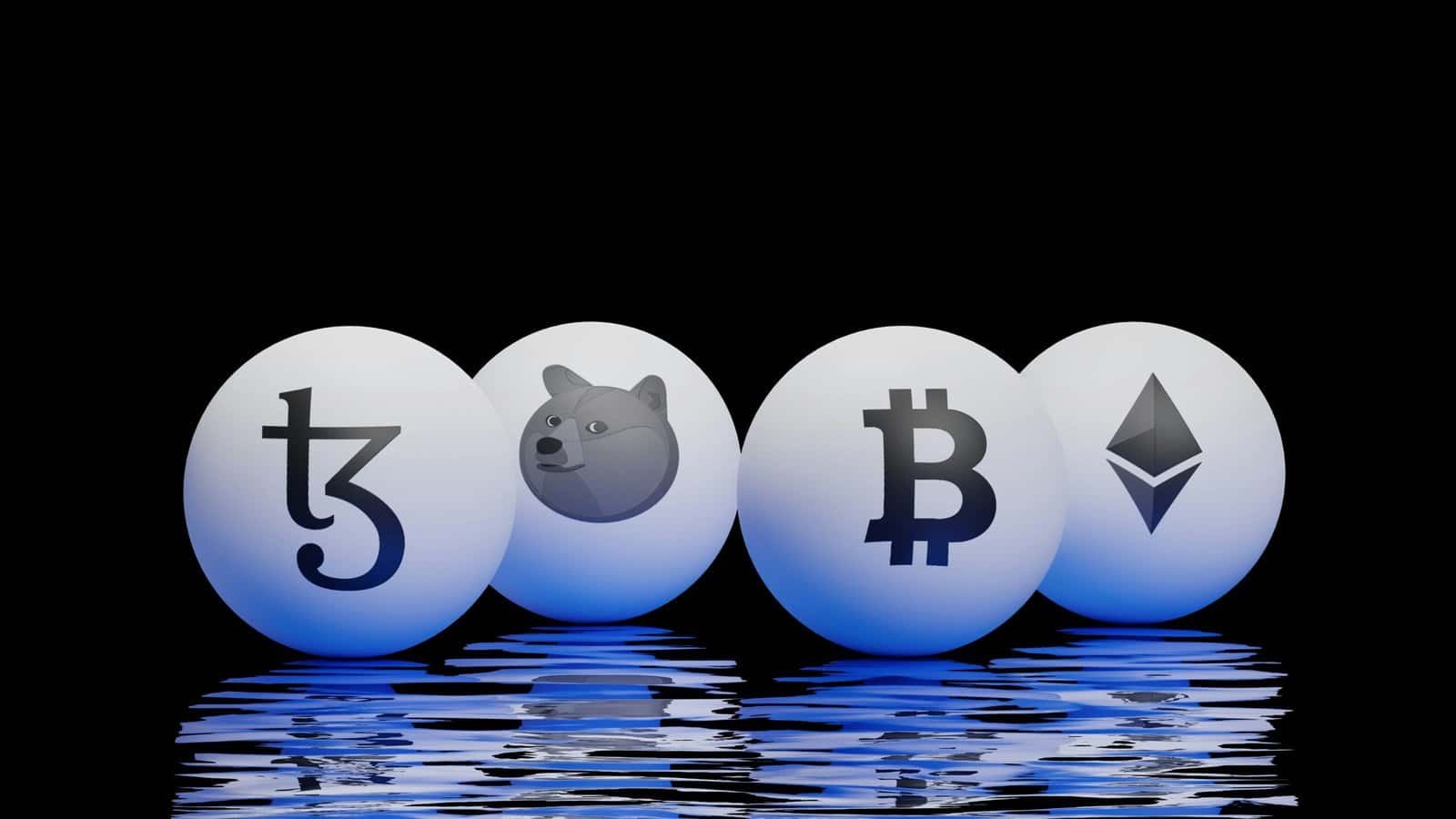
The Future of Decentralized Oracles
The future of decentralized oracles is promising, as more blockchain applications recognize the necessity for dependable data sources. With technology advancing rapidly, the landscape is continually evolving, and the need for accurate external data is more critical than ever.
Trends to Watch
Interoperability: Ensuring that oracles can interact seamlessly across different blockchains is key to future developments. Cross-chain functionality can significantly enhance oracle adoption.
Scalability Improvements: As more data gets processed, oracles must scale effectively to maintain efficiency and cost-effectiveness.
Increased Security: With any technology, new vulnerabilities can emerge. Continued innovation in security protocols will be essential to protect against potential threats.
The Role of Governance
Decentralized governance models offer oracle networks a significant advantage. By enabling community participation in decision-making, oracles can remain transparent and aligned with user needs.
Transparency: Ensuring transparent operations helps build trust within the network and among data users.
Community Engagement: Active community participation can drive innovations and provide real-world insights into network efficiencies and areas for improvement.
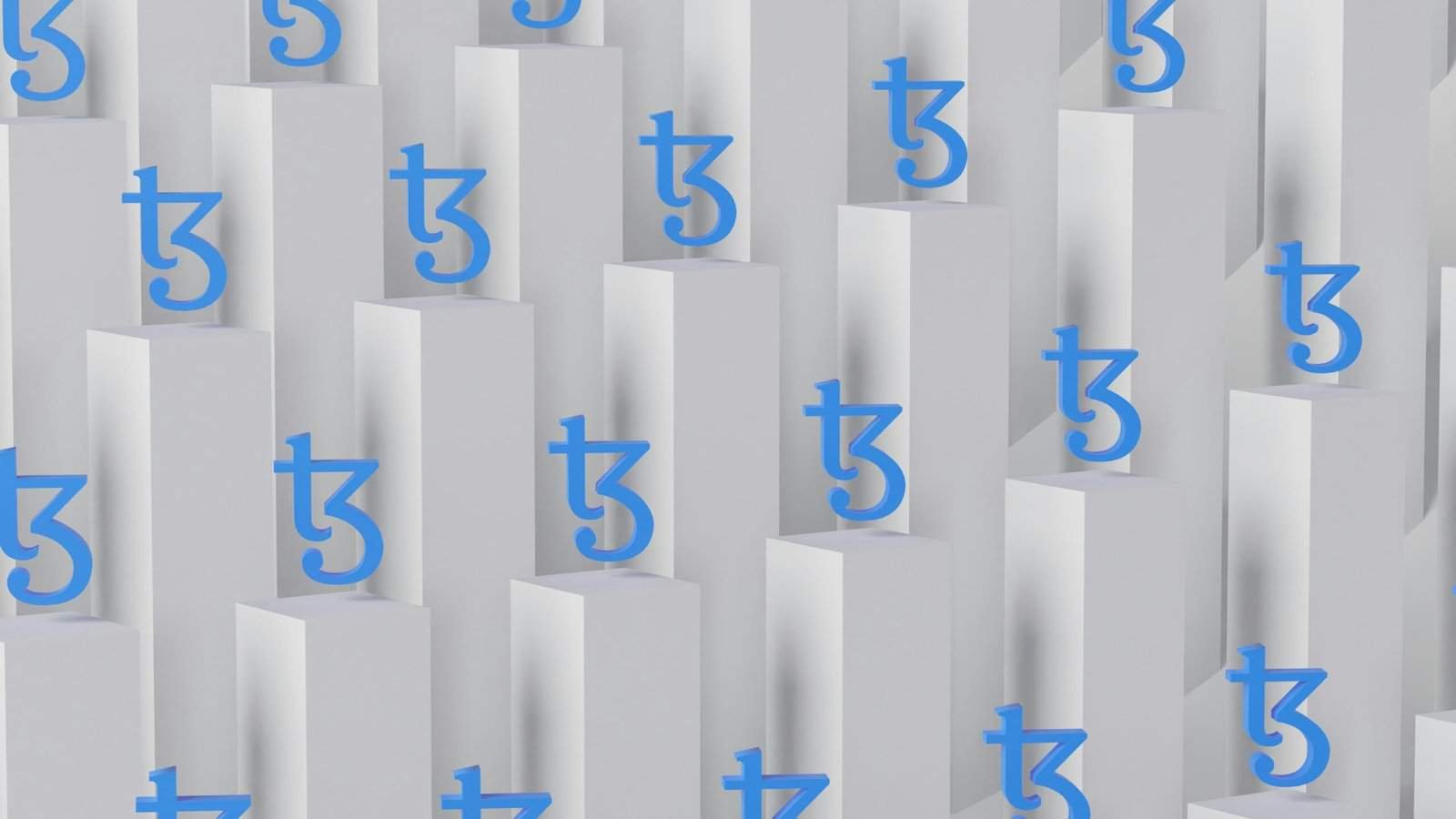
Conclusion
In exploring the best tokens for decentralized oracles, it’s evident that multiple factors determine their success and effectiveness. By understanding the nuances and functional contributions of tokens like Chainlink, Band, API3, UMA, and Tellor, you’ll have a clearer picture of their role and importance within the blockchain ecosystem.
As blockchain technology continues to evolve, the importance of reliable oracles becomes even more pronounced, highlighting a promising future poised for further innovation and integration. Whether you’re an investor, developer, or tech enthusiast, keeping abreast of these developments can offer valuable insights and opportunities.
